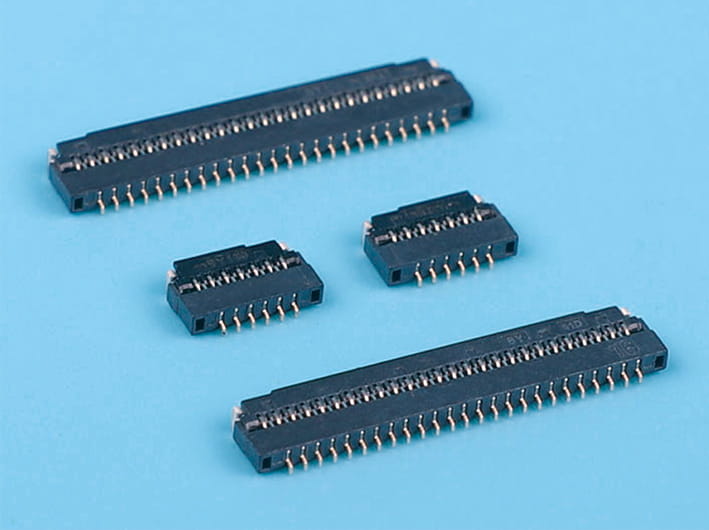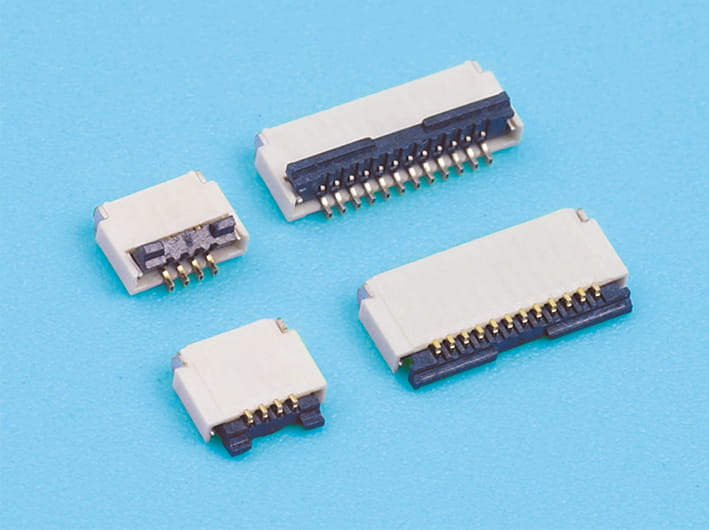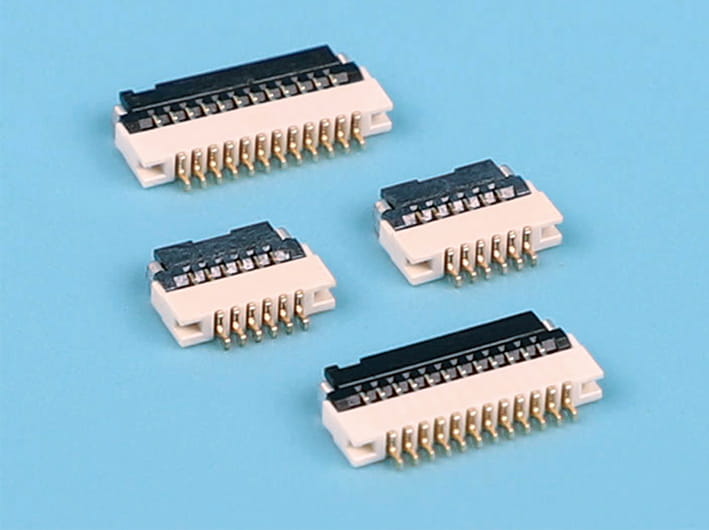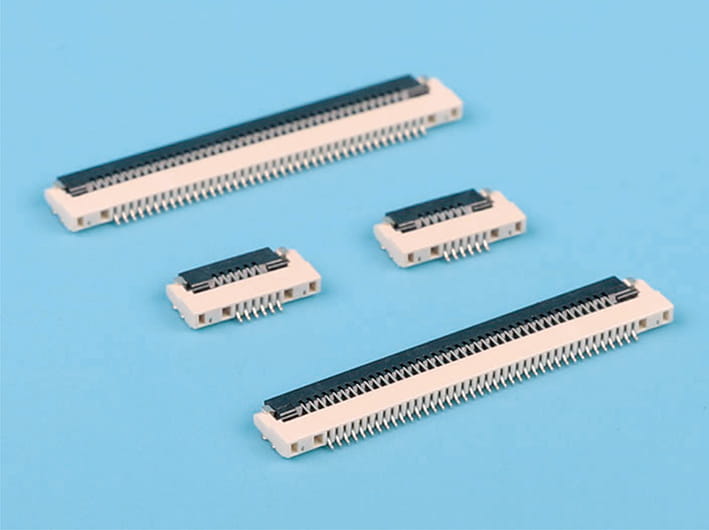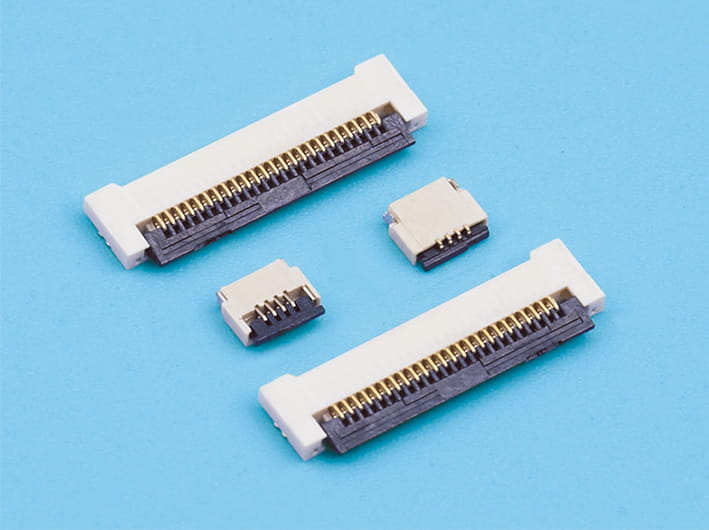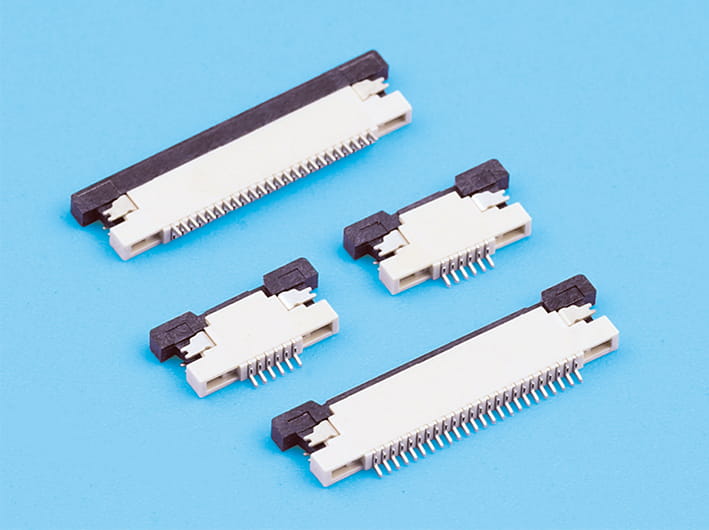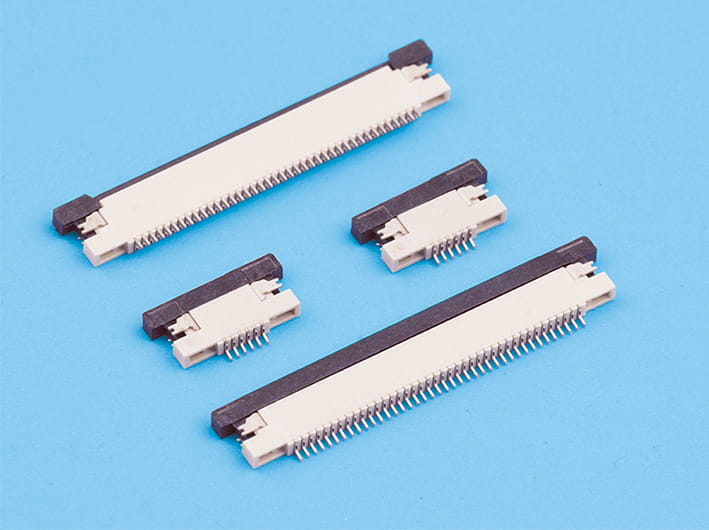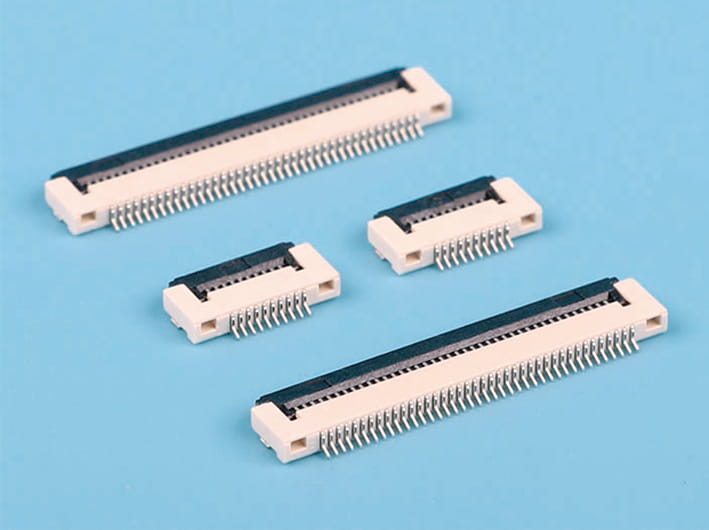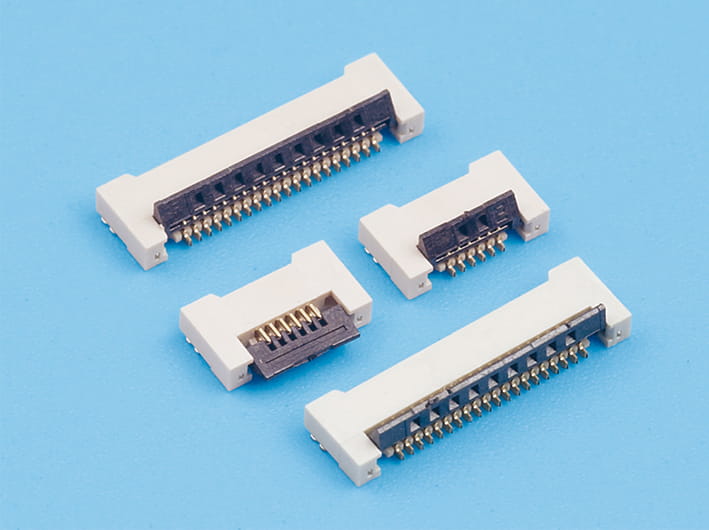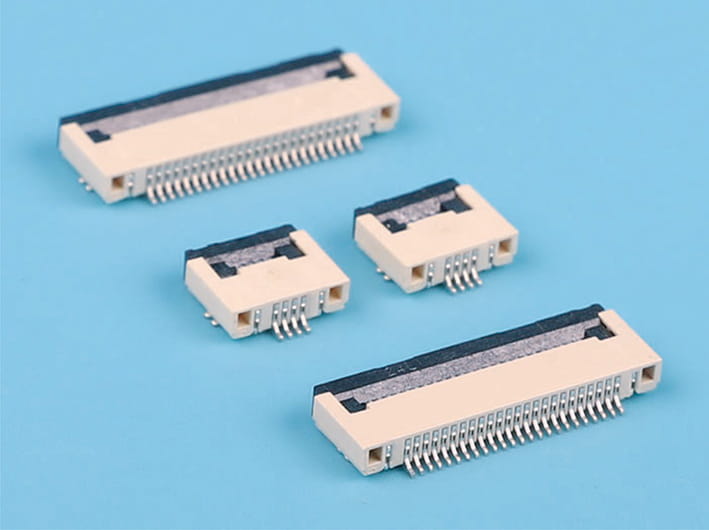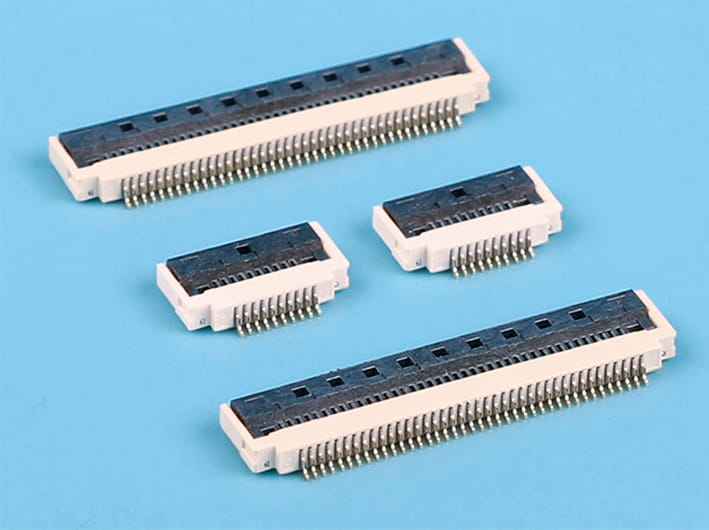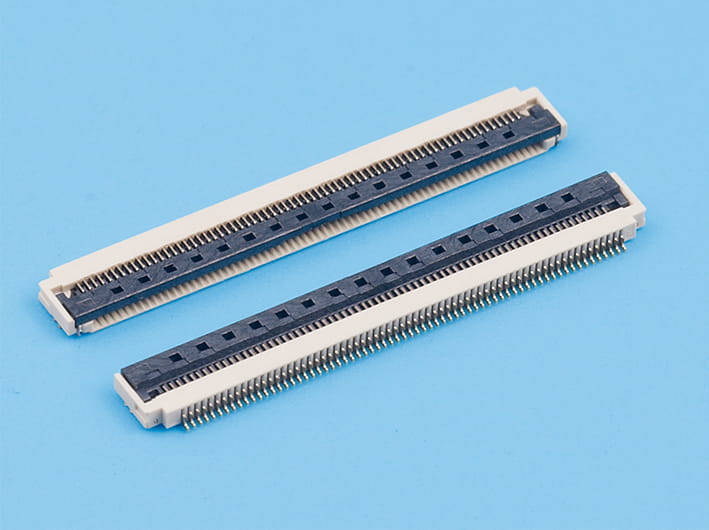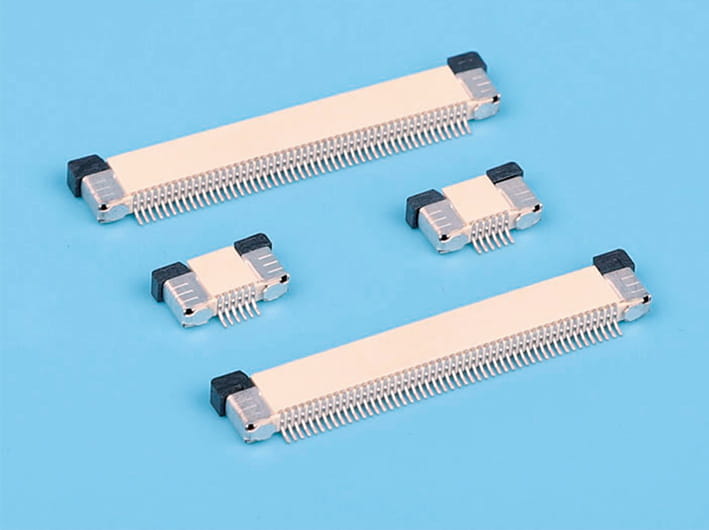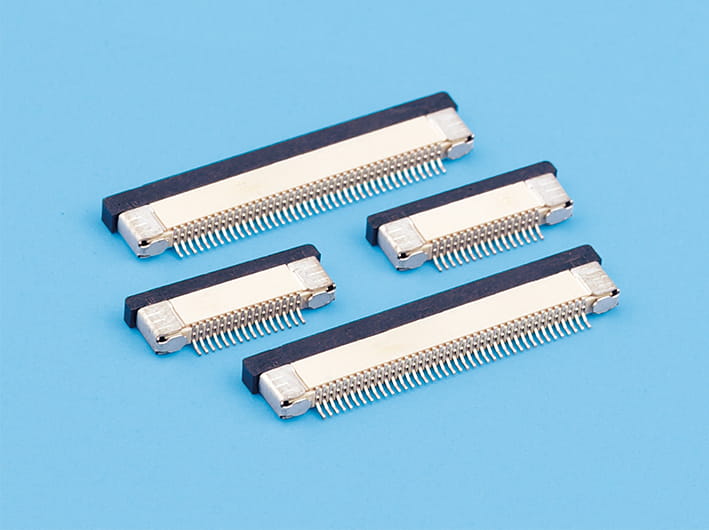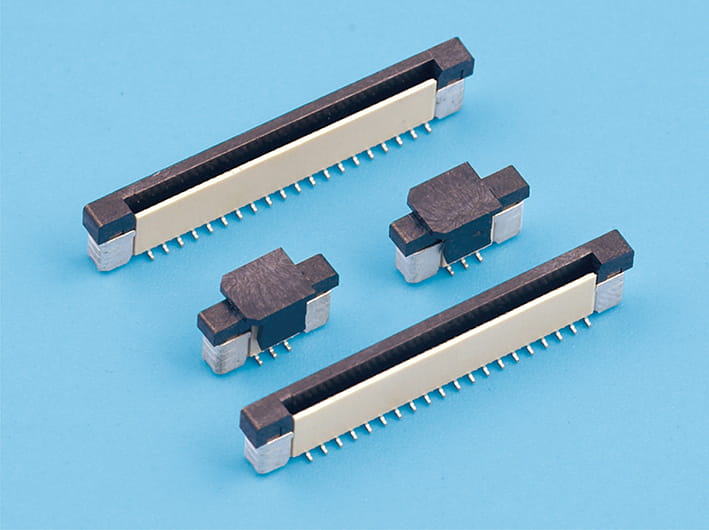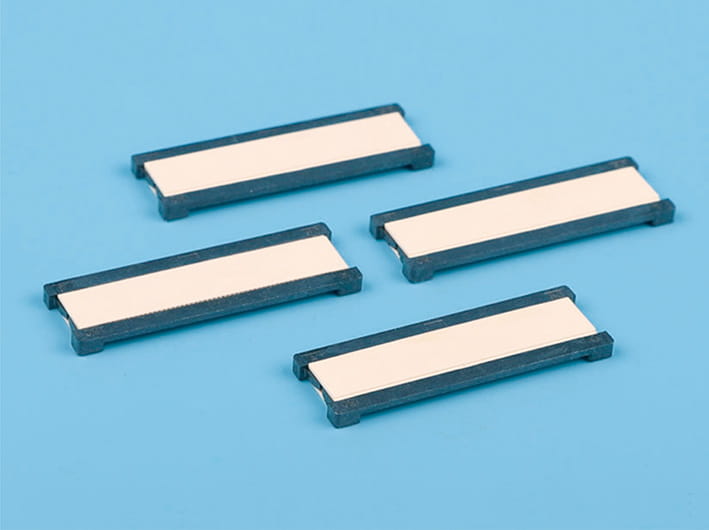Applications of FFC Flexible Flat Cables in Automotive Electronics
In recent years, automotive manufacturers have placed a strong emphasis on improving the functionality and efficiency of their electrical systems. With the growth of electric vehicles (EVs) and autonomous driving technology, the need for reliable and compact electrical connections has reached new heights. FFC flex cables and FPC flat cables are increasingly used in automotive applications due to their thin, lightweight design and exceptional flexibility, making them great for routing power, signal, and data connections across various vehicle components.

Unlike traditional wire harnesses, FFC flexible flat cables can easily bend and twist, making them well-suited for routing in confined spaces. The flexible nature of these cables allows them to conform to the vehicle's design while maintaining high electrical performance. Whether in advanced infotainment systems, driver-assist technologies, or powertrain management, these cables offer an efficient and effective solution for complex wiring needs in automotive systems.
One of the key benefits of FFC flex cables is their space-saving design. In modern vehicles, where space optimization is critical, these cables provide an ideal solution for connecting various electronic components without taking up excessive space. The flat, ribbon-like structure of the FFC flexible flat cable allows for compact installation, enabling manufacturers to improve available space for other components, such as batteries or cooling systems.
Moreover, FPC flat cables offer significant flexibility in terms of routing. They are particularly valuable in automotive applications where cables need to be routed around curved surfaces or through complex wiring channels. Their flexibility enables them to navigate the tightest spaces, ensuring that wires do not obstruct other critical vehicle components. This is particularly important in electric vehicles, where space efficiency is crucial to accommodate battery packs and other vital systems.
FFC flex cables are integral to many modern automotive systems, particularly those that require flexible connections for high-speed data transmission or power distribution. One area where these cables excel is in infotainment systems, which are becoming increasingly sophisticated in today's vehicles. FFC flexible flat cables are used to connect components like touch screens, audio systems, and navigation controls, providing a reliable yet flexible connection that can withstand vibrations and temperature fluctuations.
In addition to infotainment, FFC flex cables are also commonly found in driver-assistance systems (ADAS). These systems, which rely on sensors, cameras, and radar for vehicle navigation and collision avoidance, require highly flexible connections to ensure smooth signal transmission between components. The ability of FPC flat cables to maintain signal integrity while withstanding physical stresses makes them an ideal choice for these applications.
Furthermore, as electric vehicles (EVs) gain popularity, FFC flexible flat cables are becoming essential in managing the complex power distribution systems within these vehicles. Whether it's managing the battery management system (BMS), connecting electric motors, or supporting charging systems, the flexibility of these cables makes them great for routing power and signal lines in confined spaces while ensuring good performance.
Automotive electronics are exposed to harsh environmental conditions, including temperature extremes, vibrations, and exposure to moisture and dust. As a result, any wiring solution must be durable and reliable. FFC flex cables, FFC flexible flat cables, and FPC flat cables are designed to withstand these conditions, providing long-lasting performance in even demanding automotive environments.
These cables are typically made from high-quality materials that offer outstanding resistance to wear, corrosion, and abrasion. Additionally, many FFC flexible flat cables are designed with shielding options to protect against electromagnetic interference (EMI), ensuring that signals remain clear and free from disruption, even in the presence of high-powered automotive electronics.
Looking ahead, the role of FFC flex cables and FPC flat cables in automotive electronics is set to expand further as new technologies emerge. With the rise of autonomous driving, electric vehicles, and smarter transportation systems, the demand for advanced wiring solutions will only grow. These cables are already being used to support systems like autonomous driving cameras, LiDAR sensors, and complex power management systems in EVs.



 English
English 中文简体
中文简体 Español
Español عربى
عربى